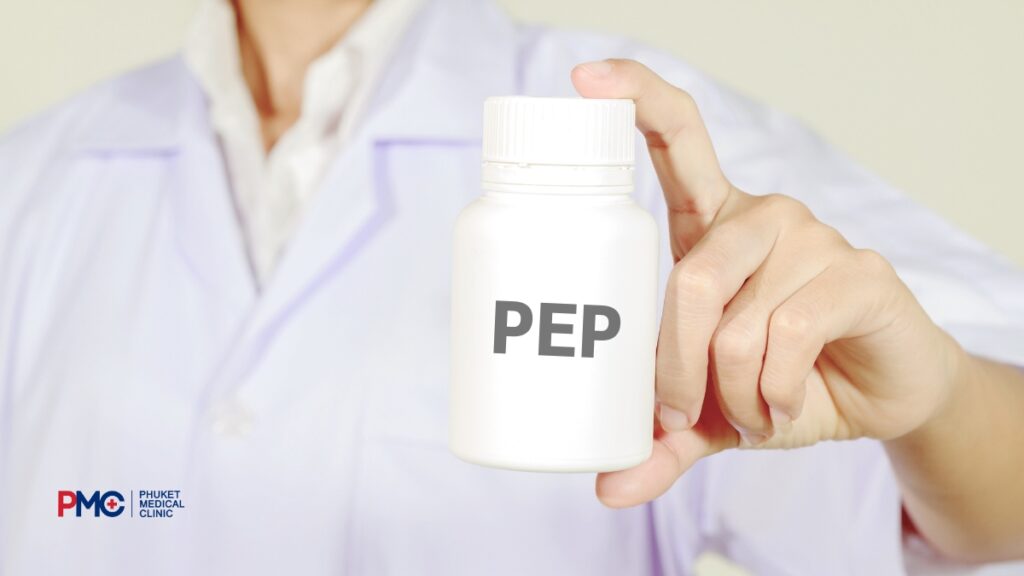PEP should be taken as soon as possible after being exposed to the risk of HIV infection, and it should be started within 72 hours of the potential exposure.
HIV and PEP have a relationship in terms of preventing HIV infection. In cases where there is a risk within 72 hours, PEP is related to the administration of antiretroviral drugs designed specifically for this purpose. PEP stands for Post-Exposure Prophylaxis and aims to suppress viral replication and reduce the risk of HIV infection. Many people may not be familiar with this medication because PEP can only be prescribed by a doctor in a healthcare facility and is not available in regular pharmacies. This is because a risk assessment needs to be conducted to determine if PEP is suitable for an individual.
Who should take PEP Emergency Antiretroviral Drug?
- People who engage in unprotected sex
- People whose condom broke, slipped off, or tore during sexual intercourse
- People who had sex while under the influence of alcohol or drugs
- People who have experienced sexual assault or rape
- People who share needles for drug injections with others
- Healthcare workers who have been accidentally pricked or cut by needles or surgical instruments
- People who have had sexual intercourse with someone known to have HIV
Benefits of PEP Emergency Antiretroviral Drug
The effectiveness of PEP in preventing HIV is highest when started immediately and taken regularly as prescribed by a doctor. Several factors contribute to its effectiveness, including the duration of PEP initiation. Studies have found that PEP can significantly reduce the risk of HIV transmission when started within the recommended time frame, which is as soon as possible and within 72 hours. PEP works similarly to antiretroviral therapy (ART) used to treat HIV. These medications suppress viral replication and reduce the amount of virus in the body, which helps reduce the risk of long-term infection. However, please note that PEP is not 100% effective in preventing transmission and should not be considered the first-choice prevention method.

Steps to receive PEP Emergency Antiretroviral Drug at Phuket Medical Clinic
- Notify the staff that you require PEP Emergency Antiretroviral Drug due to potential exposure.
- The staff will register your information and you will wait to see a doctor for a risk assessment.
- The doctor will inquire about the details of your HIV exposure risk and you should provide accurate information.
- A blood test will be conducted before considering the use of PEP Emergency Antiretroviral Drug.
- Upon receiving normal test results, the doctor will prescribe a 28-day course of PEP Emergency Antiretroviral Drug.
- The doctor will provide instructions on how to take the medication and explain possible side effects.
- You can start taking the medication immediately, and once you have completed the course, you should return to see the doctor to confirm the treatment outcome.
PEP Emergency Antiretroviral Drug can effectively prevent HIV when individuals at risk adhere to strict medication regimen, refrain from blood donation during the treatment period, and use condoms during sexual intercourse. If severe side effects occur, such as severe headaches, persistent low-grade fever, body aches, fatigue, and weight loss, it is important to consult a doctor immediately and not discontinue the medication on your own. Additionally, if you continue engaging in behaviors that put you at risk for HIV, we recommend considering PrEP medication for HIV prevention before potential exposure, as it directly addresses this aspect. For further inquiries about PEP Emergency Antiretroviral Drug at Phuket Medical Clinic, which is open daily from 10:00 AM to 6:00 PM, please contact 096-696-2449 or book an appointment online in advance.
